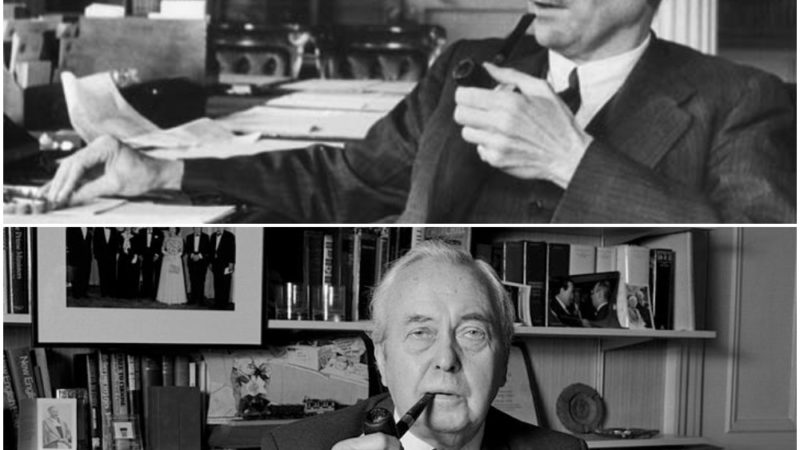
A survey has revealed which previous Labour Prime Minister’s government leading historians expect Keir Starmer’s administration to most resemble in the years to come.
A poll of historians conducted by Anglia Ruskin University saw Harold Wilson’s two administrations in the 1960s voted the most likely counterpart for Keir Starmer’s new government. Some 16 of the 34 polled picked the 1964-66 and 1966-70 administrations led by Wilson.
Next placed was the New Labour era of 1997-2010 under Prime Ministers Tony Blair and Gordon Brown, which nine of the historians thought would be the closest match for the Starmer administration.
The university says: “By and large, historians believe the 2024 government will resemble the 1960s Wilson governments which had to deal with serious economic shocks (devaluation of the pound) whilst also producing social legislation that has stood the test of time (abortion, equal pay, capital punishment abolition).”
The remaining few votes were divided between the 1924 government – Labour’s first ever administration under Ramsay MacDonald – which got four votes, and one vote each for the 1929, 1945 and 1974 governments.
READ MORE: Sign up to our must-read daily briefing email on all things Labour
SHARE: If you have anything to share that we should be looking into or publishing about this story – or any other topic involving Labour or the election – contact us (strictly anonymously if you wish) at [email protected].
SUBSCRIBE: Sign up to LabourList’s morning email here for the best briefing on everything Labour, every weekday morning.
DONATE: If you value our work, please donate to become one of our supporters here and help sustain and expand our coverage.
PARTNER: If you or your organisation might be interested in partnering with us on sponsored events or content, email [email protected].




More from LabourList
Government announce SEND reform in schools white paper
SPONSORED: ‘Industrial hemp and the challenge of turning Labour’s priorities into practice’
‘A day is a long time in politics, so we need ‘action this day’’